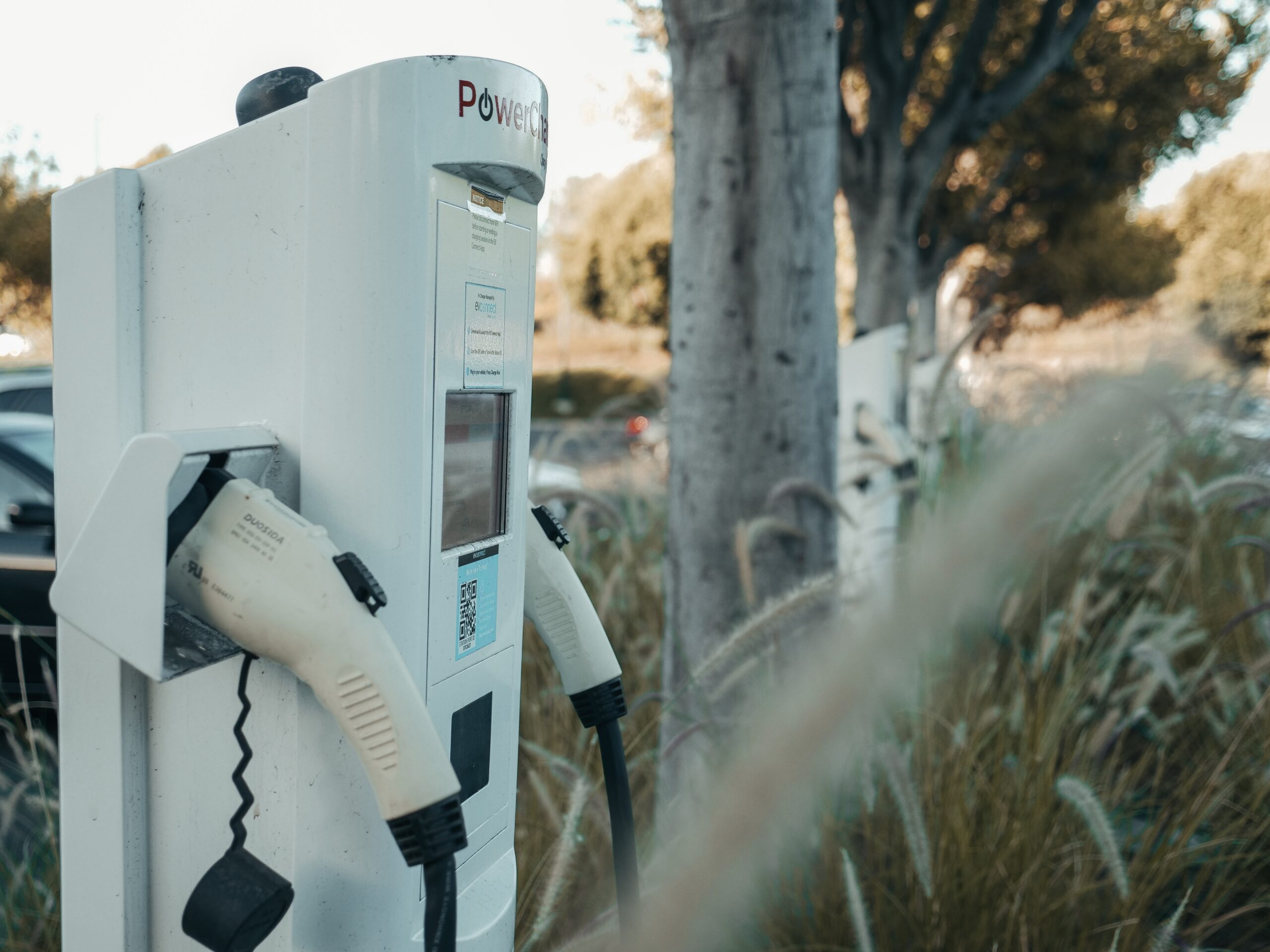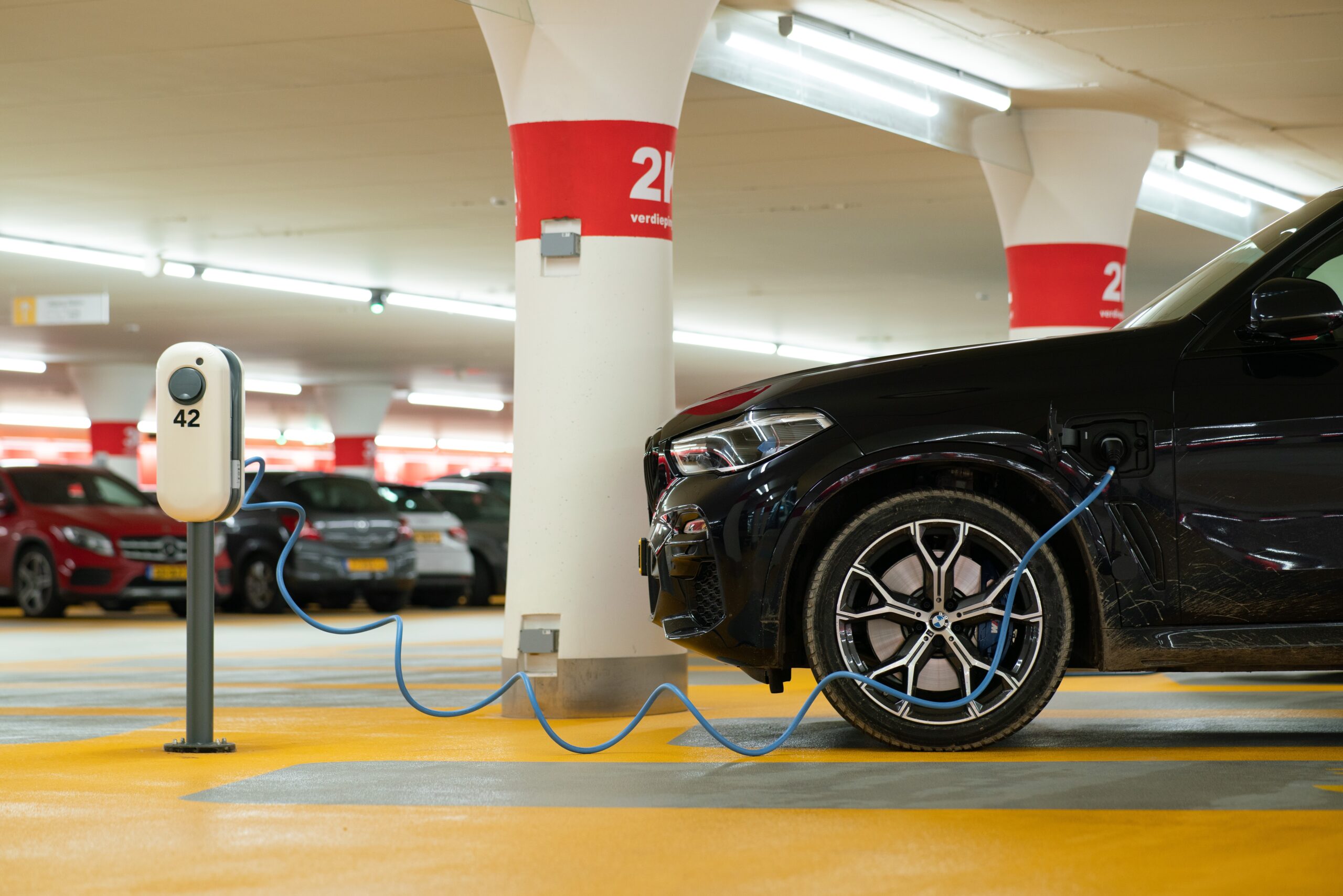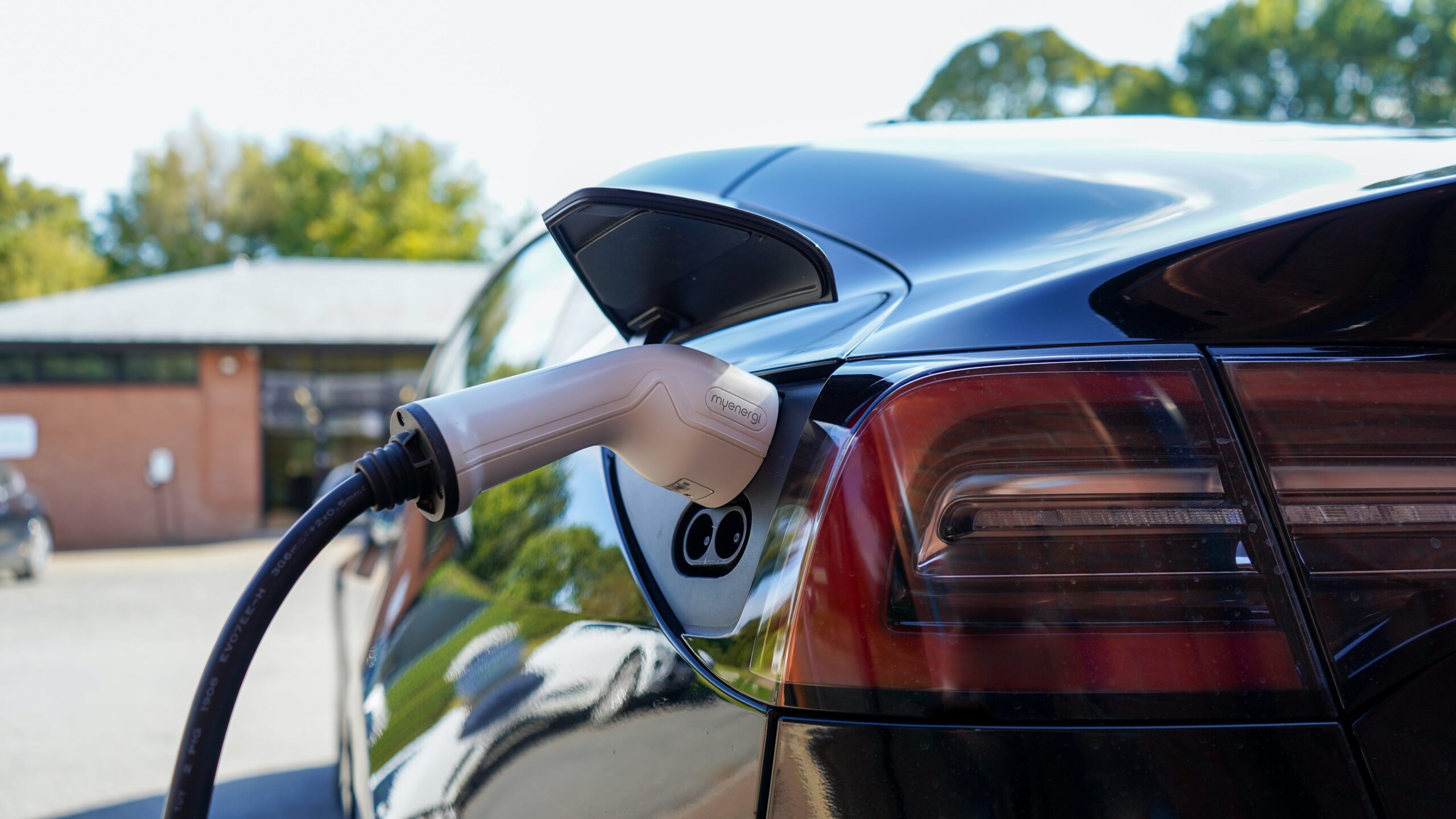Call us: 0330 002 1154
- Home
- Public
Public
- Commercial
Commercial- About
The Complete Guide to Public EV Charging
Find out everything you need to know about public EV charging.
- The public charging market
- What is public EV charging?
- The difference between public charging & other chargers
- Where to find public chargers
- The different types of public charge points
- The benefits of public EV chargers for drivers
- The benefits of installing EV chargers
- How to use a public charger
- How to maximise the charging experience
- How long does it take to charge?
- How much does it cost to charge?
- How much do public chargers cost to install?
- Things to consider when installing public EV chargers
- Public charging statistics
- How to install public EV charge points
Interested in and want to know more about public EV charging? You’ve come to the right place. We’ll take you through everything there is to know about public EV charging, from what it is, how to use one, its driver benefits as well as the benefits of installing them at your business.
The public charging market
The public EV charging market has experienced significant growth within recent years, fuelled by the increased demand for electric vehicles (EVs) and sequentially, the need to charge them. Public charging infrastructure is therefore in high demand as EV drivers look for accessible and convenient ways to travel and charge their vehicles. Deloitte predicts that by 2030, there will need to be between £8bn and £18bn of investment in the UK’s EV charge point infrastructure in order to cope with the charging demands.
So how many charge points is this? Well, the Committee on Climate Change (CCC) have estimated that approximately 280,000 charge points are needed by 2030, which is an average of over 30,000 charge points a year.

What is public EV charging?
Public EV charging is the installation of EV charge points to be used by the public to charge their electric vehicles. They can be installed in various public locations, and are often found in car parks, petrol stations, service stations and shopping centres. Both businesses and public sector organisations, such as local councils, can install public EV charge points to support the uptake of EVs and supply the demand for public charging infrastructure.
What’s the difference between public EV chargers and other EV charge points?
The main difference between public EV chargers and other EV charge points, such as home or workplace chargers, is that they are for public use and are therefore not limited to certain individuals or employees.
Where do you find public EV charge points?
Public EV charge points can be found nearly anywhere! With more and more public chargers being installed and the infrastructure growing, we are likely to see an increased amount of public chargers appearing within our communities up and down the country. Popular places where you are likely to find a public EV charge point are:
- Petrol or Service Station
- Supermarket
- Shopping Centre
- Car Parks
- Leisure Centres
- On-street in residential areas

Are there different types of public EV charge points?
There are a few different types of charge points that are used for public charging. The differences are in their speed of charging, measured in kWh.
Slow Chargers (AC)
Slow chargers are typically not as commonly used for public charging, due to their slow charging capabilities. However, you may still come across some slow public EV chargers. These slow chargers have a typical power outlet of 2.3kW to 6kW and take approximately 22hrs to charge a 50kWh battery. Slow chargers are typically best for overnight charging.
Fast Chargers (AC)
Fast chargers have an output between 7kW to 43kW and can charge a 50kWh battery within around 7 hours. Fast chargers are regularly used for public EV chargers and are found in car parks and retail spaces, particularly in areas where drivers may be spending a substantial amount of time.
Rapid Chargers (DC)
Rapid and even ultra-rapid chargers are now available and range from 50kW to 100kw for rapid change points, and 100kW to 350+kW for ultra-rapid charge points. These are becoming the most common form of public chargers for service stations and petrol stations, as drivers need to recharge their batteries quickly before they carry on their journey. These types of charge points can recharge a 50kWh battery from 0-80% in as little as 30-60 minutes. Rapid charges use a special unit that delivers high-power direct current (DC) electricity to the vehicle, enabling a rapid charging solution.

What are the benefits of public EV charging for EV drivers?
There are many benefits to using a public EV charge point if you are an EV driver. Some of these include:
Convenience
If you are in need of topping up your vehicle’s battery charge on a long journey, then a public charge point is a convenient way to stop you from getting stranded when you’re a long way from home!
Accessibility
As more public charge points are installed, they are increasingly available and accessible to EV drivers which improves their EV driving experience and reduces range anxiety.
Cost Saving
Some public chargers may offer discounted or even free charging to their user or customers. This can prove to be cost-effective for EV drivers and a cheaper solution than charging at home.
Increased Range
Public charge points allow drivers to increase their vehicle’s range, as they can easily top up their charge on their journeys, allowing them to travel further and take longer trips. This is a great advantage, particularly for those who live in a place with limited charging infrastructure, such as the countryside.
Improved EV infrastructure
With improved EV infrastructure for public charging, comes a growth in EV ownership, which drives demand for improved infrastructure. It is a cycle that is helping fuel the EV revolution.
What are the benefits of installing public EV charging for businesses?
As well as there being many benefits for EV drivers, there are also many benefits to businesses that choose to install and manage public EV chargers on their premises. Some of these include:
- Improved customer experience
- Attract new customers
- Increase customer visit times
- Generate recurring revenue
- Improved Brand Image
- Meet local ‘low carbon’ regulations
- Contribute to more sustainable travel
- Future-proof your business

How do you use a public EV charger?
So now you know what a public charge point is and its benefits, how do you actually use one? Follow these simple steps:
1. Find a public charge point
Step one is to locate a public charge point. Whether it is the closest one to your location, is at your end destination, or is en route, there are lots of apps and websites to help you navigate your nearest public charger. Some EV models also have inbuilt navigation to take you to your nearest charger or can plan a journey with charging spots in mind. Zap-Map is a popular app to locate public chargers.
2. Check charge point availability & compatibility
Once you’ve found a charge point, you’ll need to check if it is available and compatible with your vehicle. There’s nothing worse than getting to a public charge point for it to not be in use or compatible with your EV. Most public charge points will have information on their power output, vehicle compatibility as well as if it is currently in use or not.
3. Start charging
Once you’ve arrived at your chosen public charger, you can start to charge your vehicle. Many will have instructions on how to plug in and pay for your charging session. Some public chargers may require you to download an app on your smartphone to enable the session, whereas others may require an RFID card.
4. Monitor your charging session
Make sure to check up on your vehicle when it’s charging, making sure to monitor the charging rate and energy transferred to your vehicle.
5. End charging session
Once completed, you can end your charging sessions and unplug your EV from the public charging station. Follow the instructions of the public charger to make sure you have finished the charging session properly.

How to maximise your public charging experience?
There are a few steps you can follow to make sure your experience as an EV driver is the best it can be when charging your vehicle using a public charge point.
Plan ahead
Avoid delays or unpleasant surprises, such as the charge point being out-of-order by checking its availability and compatibility on one of the available apps or websites before you drive there.
Be considerate
Practise good public charging etiquette and only use the EV charge point and parking bay for the amount of time you need to charge your vehicle.
Don’t overdo fast charging
It’s important to sparingly use fast chargers as they can put a strain on your EV’s battery if overused. Therefore only use them when necessary.
Bring your own charging cable
Always be prepared and bring your own charging cable, in case you come across a public charger without a cable.
Charge at off-peak times
If you’re able to, charge your vehicle at a public charge point during off-peak hours. Many public chargers will offer discounted charge rates during these hours making it cheaper to charge your vehicle at these times.

How long does it take to charge a car at a public charging point?
How long it will take to charge an EV at a public charge point will depend on the model of the vehicle, the size of its battery and the power output of the charge point. As an example:
- A 7kW public charger would take around 7 hours to charge an EV with a 50kWh battery.
- A 50kW public charger would take around 30-60 minutes to charge an EV with a 50kWh battery.
How much does it cost to charge an EV at a public charging point?
Public charge point tariffs will be set by the business or organisation that owns them. They are able to set charge rates and tariffs at any price they wish. Therefore prices can vary significantly. Some businesses may choose to offer free charging for a certain amount of time or if a customer has spent a certain amount of money with them. Others may only charge drivers for the electricity used. In general, you will see public chargers charge drivers a charging fee, as well as the price of the electricity used.
How much does it cost to install public EV chargers?
When it comes to installing public EV chargers, there are also a lot of factors that are involved that have an influence on the overall costs. Factors such as the make and model of the charge point, the number of charge points, whether any infrastructure work is needed, as well as grant eligibility, all play a part in the price. We recommend that you speak to an OZEV-approved charge point installer for an accurate quotation for your project.
You can call us on 0330 002 1154 or contact us here.

Things to consider when installing public charge points
Your EV charge point installer will be able to help you prepare for your install, however, it is good to be prepared and consider the below factors when installing your public chargers.
Location
Deciding where to put your charge points can be difficult. They need to be accessible to drivers and have access to the business’s power supply.
Number of Charge Points
Choosing the number of charge points you want is also important. Determine your current demand as well as your expected future demand, for a future-proofed strategy.
Monetisation Strategy
You will also need to decide whether or how you will monetise your charge points. Public charge points can make profitable recurring revenue streams.
Manufacturer & Type
Choosing which type of change point you want to install, as well as the manufacturer is key. You will need one with the relevant smart features as well as be within your budget.
Scalability
Planning for the future is key. As EV adoption grows, so will demand for your public chargers, so we recommend working on your plan for scalability now. The infrastructure work for future charge points can be completed in your initial installation to help you down the line.

Public EV charging statistics
- The number of public charging devices has increased by 33% within the last year.
- The UK is ranked 7th in the world in terms of the number of public charge points installed.
How to install public EV chargers?
The best way to get started on installing EV chargers is to speak to an accredited charge point installer. At eFaraday, we’ll listen to what you want to get out of your charge points and what sort of public charging service you want to provide. We’ll then work with you to design a high-quality, bespoke solution that works for your business.
Call us on 0330 002 1154 or get in touch online here for a free, no-obligation quotation.

The smart EV charge point company
enquiries@efaraday.co.uk
0330 002 1154Aviation House, Swordfish Way,
Sherburn in Elmet, Leeds, LS25 6NG. UK
Company registration number 12983787
Registered office is Camburgh House, 27 New Dover Road, Canterbury, Kent, United Kingdom, CT1 3DN
©2024 eFaraday. All rights reserved. Privacy Terms & ConditionsThe smart EV charge point company
enquiries@efaraday.co.uk
0330 002 1154Aviation House, Swordfish Way,
Sherburn in Elmet, Leeds, LS25 6NG. UK
Registered office is Camburgh House, 27 New Dover Road, Canterbury, Kent, United Kingdom, CT1 3DN
Company registration number 12983787
©2024 eFaraday. All rights reserved.
- Commercial
eFaraday is no longer trading and has gone into administration. For further details, please contact the administrators at http://www.krestonreeves.com



